
Myeloproliferative Neoplasms
Latest News
Latest Videos

CME Content
More News

Safety and efficacy data for elotuzumab support its further investigation in the treatment of myelofibrosis.

The top 5 OncLive videos of the week cover insights in myelofibrosis, AL amyloidosis, pancreatic cancer, and PIK3CA-mutated breast cancer.

The top 5 OncLive videos of the week cover insights in myelofibrosis, lung cancer, ovarian cancer, breast cancer, and melanoma.
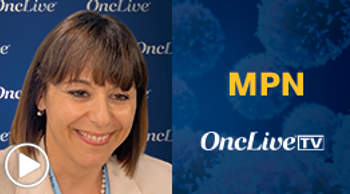
Francesca Palandri, MD, shares SVR35 rates with momelotinib vs ruxolitinib across patient subgroups in the anemic subpopulation of SIMPLIFY-1.

Guillermo Garcia-Manero, MD, discusses OS data from the COMMANDS trial for luspatercept in ESA-naive, lower-risk MDS.
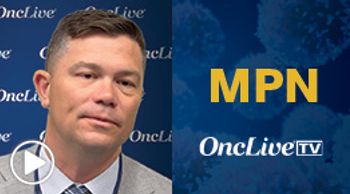
Andrew Kuykendall, MD, discusses the rationale for using rusfertide to target the hepcidin pathway in patients with polycythemia vera.

John O. Mascarenhas, MD, discussed findings from the IMproveMF trial investigating imetelstat plus ruxolitinib in patients with higher-risk myelofibrosis.
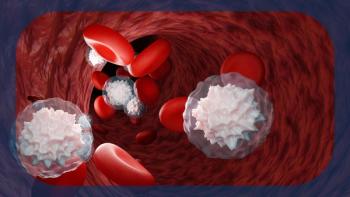
Gecacitinib, a dual JAK/ACVR1 inhibitor, showed spleen volume, symptom and anemia improvements in patients with myelofibrosis.

Idoroenyi Amanam, MD, discusses the efficacy of first-line luspatercept vs erythropoiesis-stimulating agents in real-world patients with lower-risk MDS.
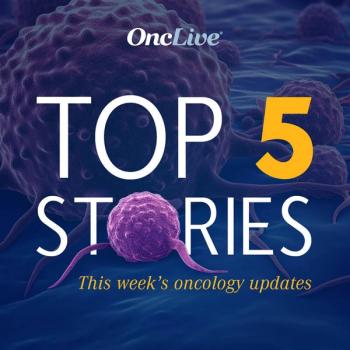
Tafasitamab combination gets approval in follicular lymphoma, FDA declines to expand label for talazoparib plus enzalutamide in mCRPC, and more.

Guillermo Garcia-Manero, MD, highlights recent shifts in the lower-risk myelodysplastic syndrome treatment paradigm.

Rami Komrokji, MD, shares results from a pooled analysis of outcomes with imetelstat based on prior therapy in transfusion-dependent lower-risk MDS.

SENTI-202 receives FDA orphan drug designation for treating relapsed/refractory hematologic malignancies, including AML.

Hematologic oncology experts share the studies they were most excited to see presented at the 2025 EHA Congress.

Imetelstat demonstrated clinical benefits in patients with ring sideroblast–negative lower-risk MDS, according to a post hoc analysis.

Venetoclax plus azacitidine did not yield an OS benefit vs placebo plus azacitidine in patients with newly diagnosed higher-risk myelodysplastic syndromes.

Johannes Schetelig, MD, discusses outcomes with haploidentical related vs mismatched unrelated donor transplantation in high-risk AML, ALL, and MDS.

The FDA granted fast track designation to nuvisertib for intermediate- or high-risk myelofibrosis.

The EBMT have developed a machine learning model designed to identify and stratify transplant risk for patients with myelofibrosis.

Experts highlight key abstracts to watch for at the 2025 EHA Congress.

In the VERIFY study, rusfertide significantly improved clinical responses vs placebo in polycythemia vera, offering a potential new therapy.

Durable improvements in transfusion independence and an early indication of potential OS benefit were seen with luspatercept in extended follow-up.

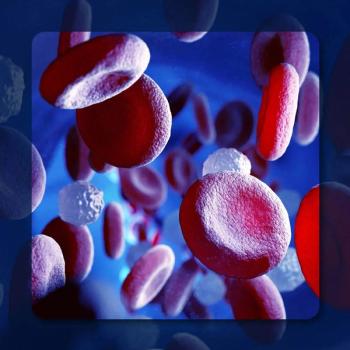
The addition of pelabresib to ruxolitinib generated a significant improvement in spleen response in patients with JAK inhibitor–naive myelofibrosis.

Himchandana Atluri, MD, details factors to consider ahead of TKI selection in patients with chronic myeloid leukemia.











































